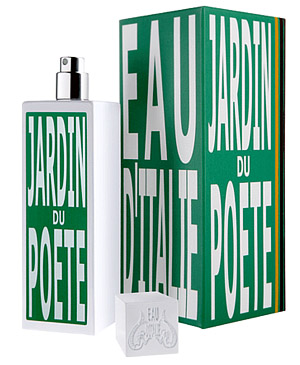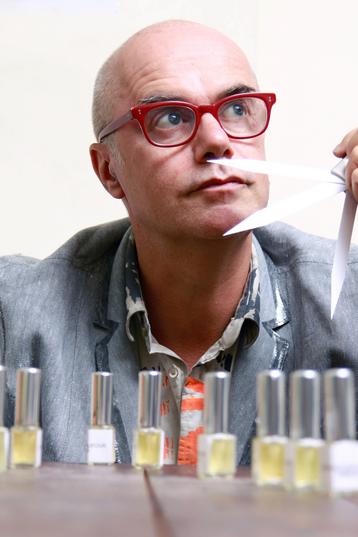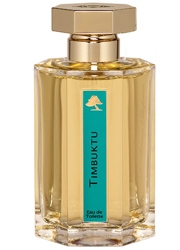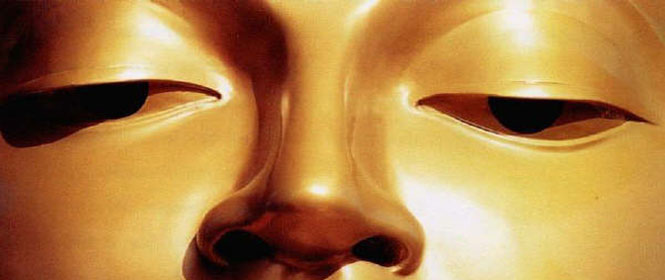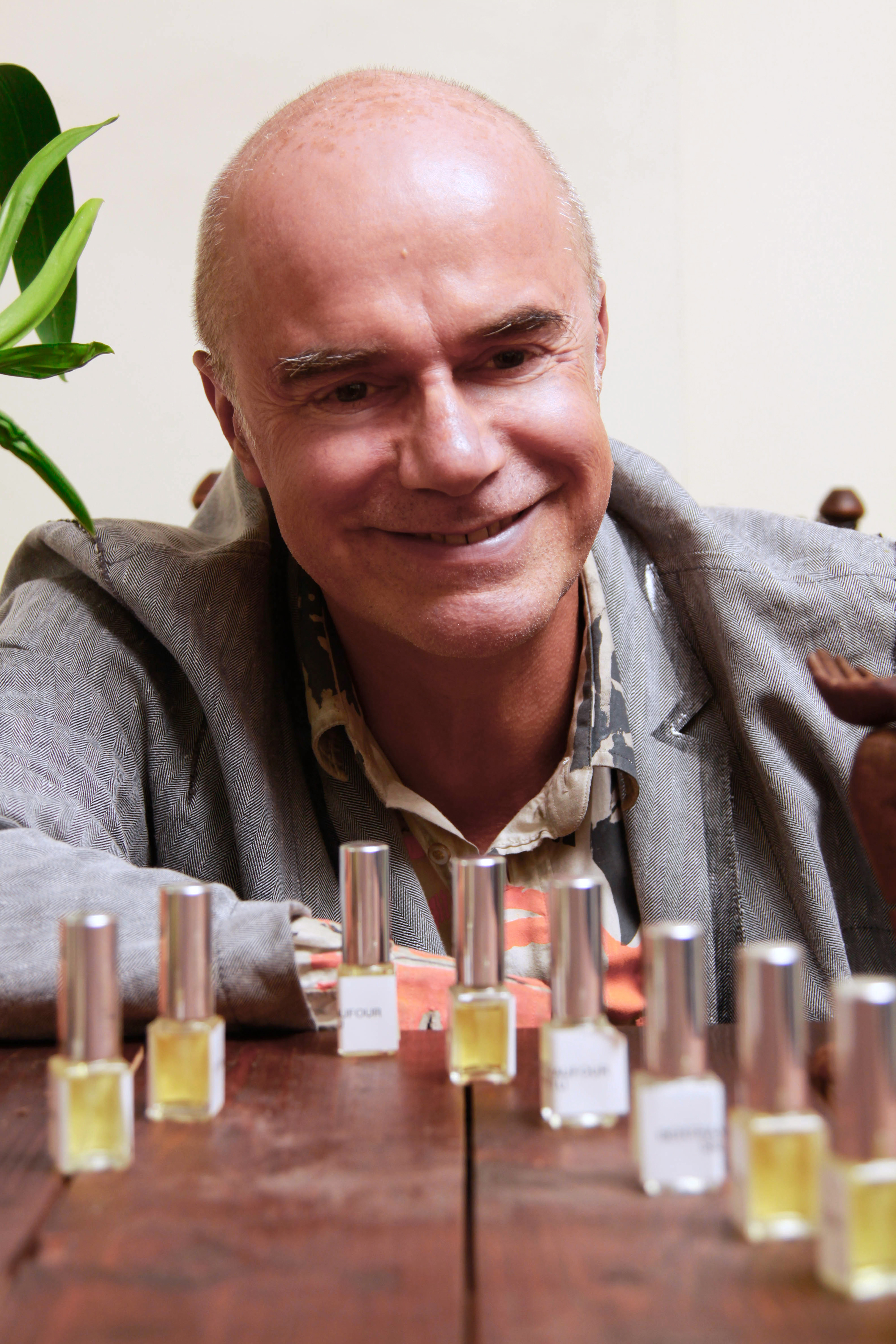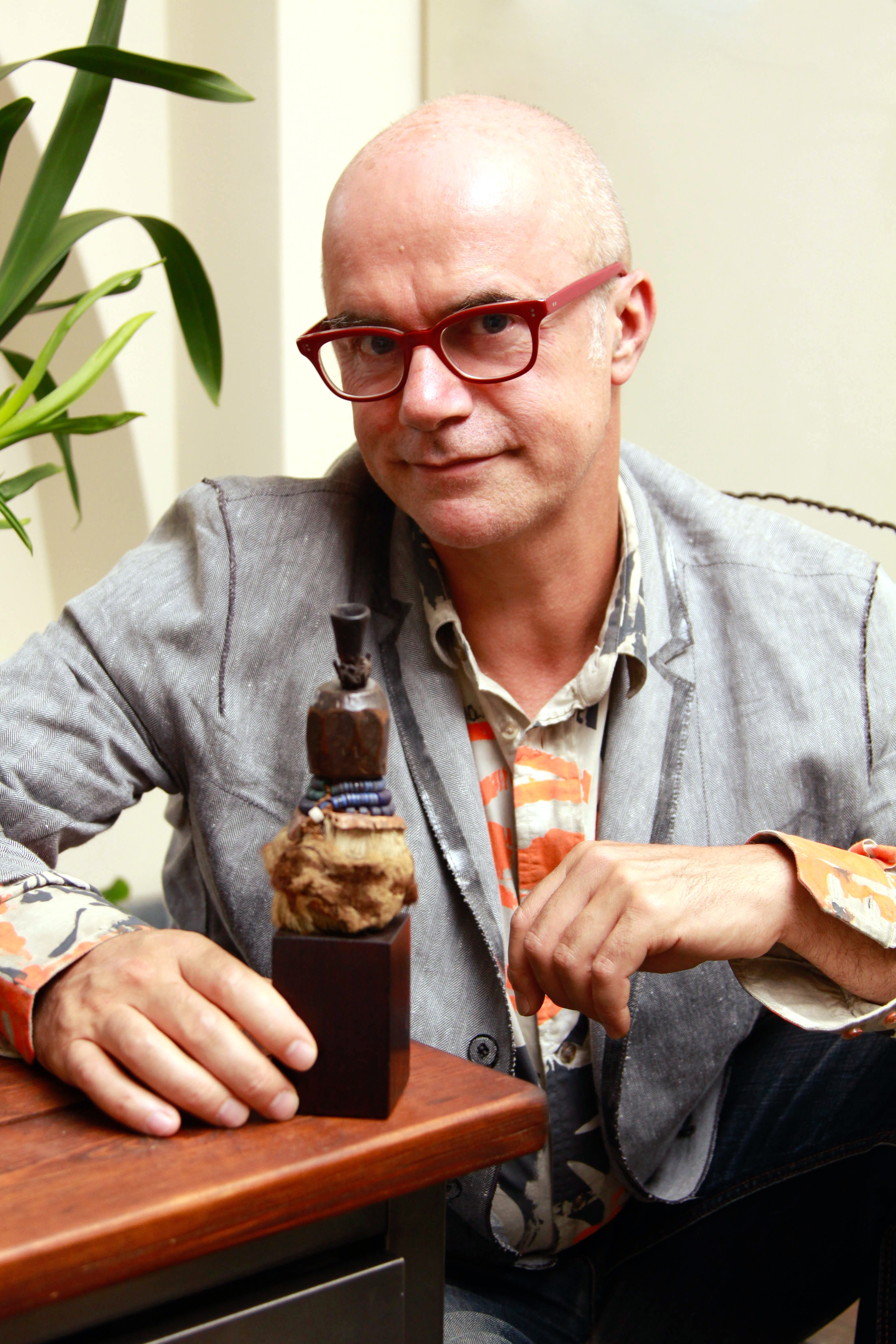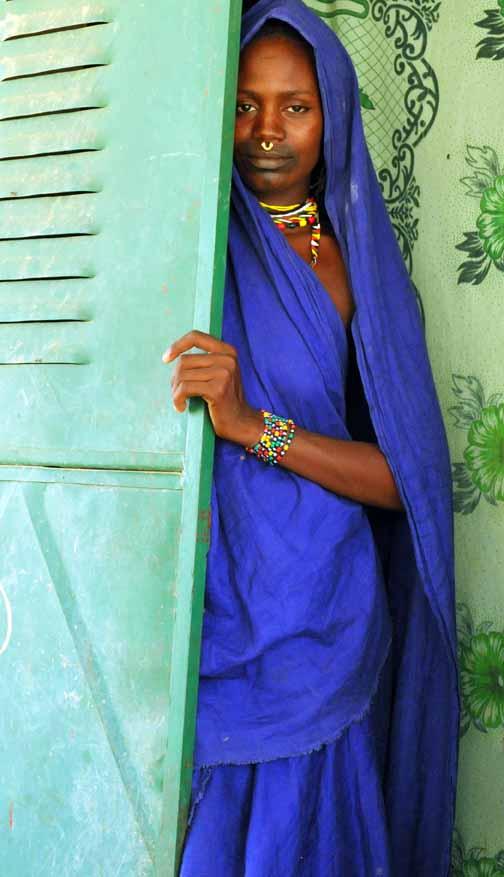Bertrand Duchaufour is a perfumer of astonishing versatility and originality. He has been christened the “new Pope of niche fragrances,” a “master of the modernist style (Jardin du Poete),” as well as an artist who renders “ancient, classical beauty new (Paestum Rose).” His perfumes are often referred to as perfect works of art, and he created two of the greatest scents of our time, Timbuktu and Dzongkha (1). Duchaufour stands as one of the world’s finest contemporary perfumers.
Starting out as a trainee at the Lautier Florasynth group in Grasse and working with Florasynth Paris, he moved on to affiliations with such companies as Créations Aromatiques, Comme de Garçon Kyoto, Acqua di Parma, Eau d’Italie, L’Artisan Parfumeur, and Penhaligon. Most recently he has joined The Different Company (TDC). In this interview Duchaufour discusses his experience working with Marina Sersale and Sebastián Alvarez of Eau d’Italie, plans for future scents with TDC, his spiritual and rational approaches to creating fragrance, and so much more.
M: You love to travel and it has inspired some of your masterpieces such as Timbuktu and Dzongha. What is the relationship between your travels and your creative process?
BD: The relationship is one of direct olfactive inspiration: Timbuktu was inspired by the "Wusulan" which is practiced by the Malian women (2). For Dzongkha, I was really inspired by the monasteries and the Buddhist temples of this country [Bhutan]. The fragrances related to a travel experience that I have had are made of those journeys, but it's not the only way of creation of course.
M: You have a special affinity for Buddhism and for Africa. Does this affinity continue to influence what and how you create?
BD: Yes, in a certain way because I am always (and more and more) looking forward to more simplicity and more serenity, which are both shared by the African and Buddhist people, even if those two peoples are completely opposite in their manner of thinking and their ways of living. We can say they are so opposite that they encounter each other back to back. I try to work my formulae more and more precisely in order to give the best efficiency through the best readability. I try to get the best equilibrium through a certain vacuity of creation. That doesn't mean I work easily. Simplicity is the opposite of easiness. Simplicity is the the hardest thing to get!
M: You are a painter and a photographer as well as a perfumer. Do these arts influence one another as you create?
BD: A little bit. I would say less and less because there is nothing more subjective than correspondences.
M: What is your current painting style like?
BD: I like many kinds of painting. For my own painting I am very representative and figurative but I want to liberate my style into a more abstract one.
M: If you had to pick out a song close to your heart, what would it be?
BD: Certain songs of Freddy Mercury (Queen) are really beautiful, inspiring, and energizing (“The Show Must Go On,” “You Don't Fool Me”). Songs from Radiohead as well (“Weird Fishes,” “There There,” “Give Up the Ghost”), and songs from Massive Attack as well (“Psyche,” “Flat of the Blade”). The song "Heroes" from David Bowie. The song "San Jacinto" from Peter Gabriel. But I forget a lot of very beautiful ones.
M: Do you have a favorite classic American song?
BD: Not exactly, my favorite American musicians all come from jazz and black soul American music: Coltrane, Archie Shepp, Miles Davis. There is a wonderful American white jazzman, Bill Evans. His record "You Must Believe in Spring" is a masterpiece for me.
M: Do you ever listen to music as you work? If so, what type of music?
BD: I am always listening to music. Music is always inspiring my work, as perfumer, as painter, as writer, as photographer. It's the eternal spring of energy.
M: How did you come to be affiliated with Eau d‘Italie?
BD: I met Marina Sersale and Sebastián Alvarez through the first project "Eau d'Italie" thanks to their original consultant, Christian Astuguevieille, a very interesting person I used to work with during my stay in the company, Créations Aromatiques. Our first contact had been such a revelation, that we never forgot each other. They are now two of my best friends.
M: What is it like to work with Sebastián and Marina?
B: It's a real pleasure to have the opportunity to work with them. They give a maximum of freedom but they really know at the same time what they don’t want. So the work is going easily and without any ambiguity. Together we have more and more affinities. It's not anymore a customer-supplier relationship. It's something else.
M: What fragrance from Eau d'Italie do you have the most affinity for?
BD: Still the first one, Eau d'Italie, although I am sure it's the less obvious one because of its apparent easiness; I am sure that nobody except the creators have realized the real depth of this accord--an earthy-argile one, which directly inspired other big brands’ success.
M: You are now with The Different Company. What has that been like for you so far? Can you talk about any new perfumes you are working on?
BD: Work for The Different Company is another story. The approach is a completely different way of working, but as interesting as the work I do for Eau d'Italie; I would mean the challenge isn't the same. I achieved two different oudhs for this brand. I am working on another story concerning a beautiful sort of legend, a kind of fairy tale...story to follow.
M: Do you feel yourself moving in a new direction in terms of creating fragrance?
BD: Yes, I want absolutely to do that. It's my main challenge and aim. I am really afraid of doing the same thing always, and my main anguish is to leave myself in the trap of repeating myself.
M: Are there any new or previously used notes that you want to explore in future perfumes?
BD: Of course! I have a lot of ideas already worked in different accords, which I have to improve and propose to my customers. It's my "basket ideas" for the future. And I still want to work in different ways at the same time: very conceptual and abstract ways, playing on words, on ideas and correspondences (even if I said I want to avoid correspondences). Here my work is to "play" in a ludic way. The other way is following a very concrete olfactive idea.
M: Do you create your blends and fragrances from a creative, spiritual place or from an intellectual scientific approach?
BD: Both of them. The spiritual path is the one I talk about in your second question. The very practical, rational approach is coming from my empiric past work on scents and fragrances. My own experience and work on a multitude of trials which I did before, permits me to control very rationally the accords I am working on, even if I try to let the hazard express itself. Hazard and time are for me the two more important parameters I have to work with because they are always giving the best keys to conclusion and achievement of a beautiful accord. And that work on myself is a very spiritual way to reach heaven.
Editors Note: A special thank you to BERTRAND DUCHAUFOUR, Marina and Sebastián Alvarez of Eau d' Italie and Lafco NY.
Photographs of Bertrand Duchaufour supplied to Editor by Bertrand Duchaufour.
All other photographs supplied by Editor
Bertrand Duchaufour
Malian Woman
References
(1) Wagner, Marie-Helene, The Scented Salamander. “Bertrand Duchaufour as the New Pope of Niche Fragrances.”
Janicki, Kristi. Scent of the Day. “Eau d’Italie-Jardin du Poete.”
Burr, Chandler, Scent Notes. “Paestum Rose by Eau d’Italie.”
(2) An ancient West African, mystical perfume art handed down from mother to daughter as a magical spell for seducing and securing one’s true love.
REACHING HEAVEN: An Interview with Bertrand Duchaufour
By Marlene Goldsmith
All content included on this site, such as text, graphics, logos, icons, videos and images is the property of The Perfume Magazine, LLC. or its content suppliers and protected by United States and international copyright laws. The compilation of all content on this site is the exclusive property of The Perfume Magazine, LLC. and protected by U.S. and international copyright laws.
The Perfume Magazine Banner was designed exclusively by GIRVIN and is the property of The Perfume Magazine, LLC.
All images appearing in the banner are registered trademarks of their respected company and are used with permission. Additional Banner information can be found on our ABOUT page.
© Copyright. 2011. All Rights Reserved. The Perfume Magazine LLC
September 10, 2011
